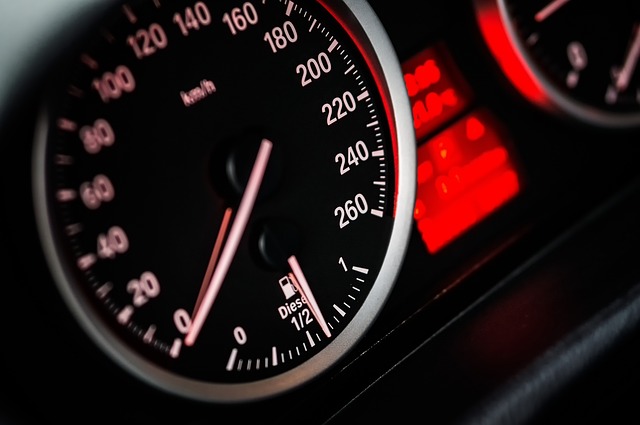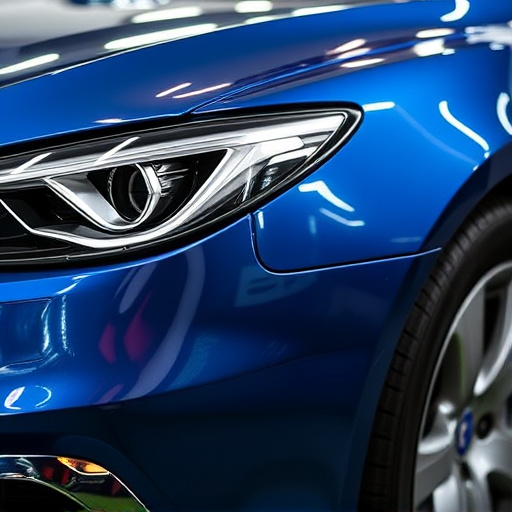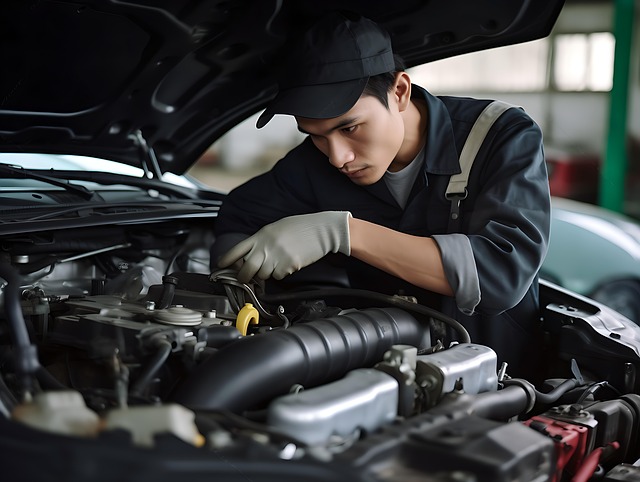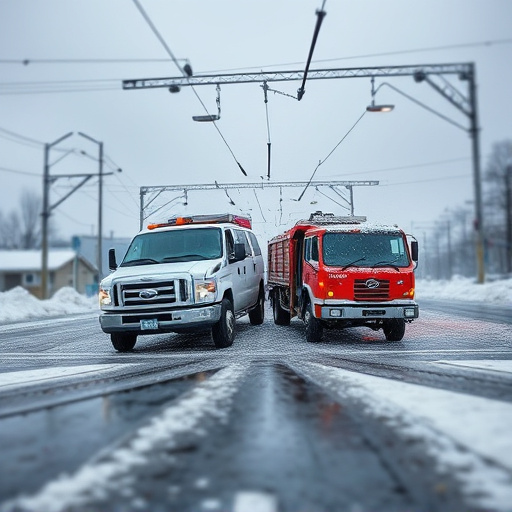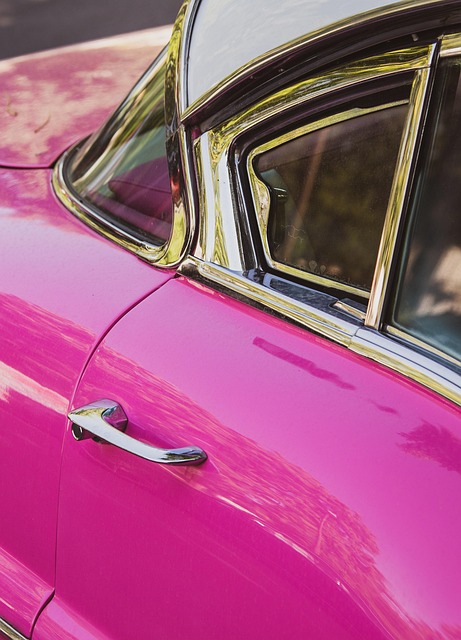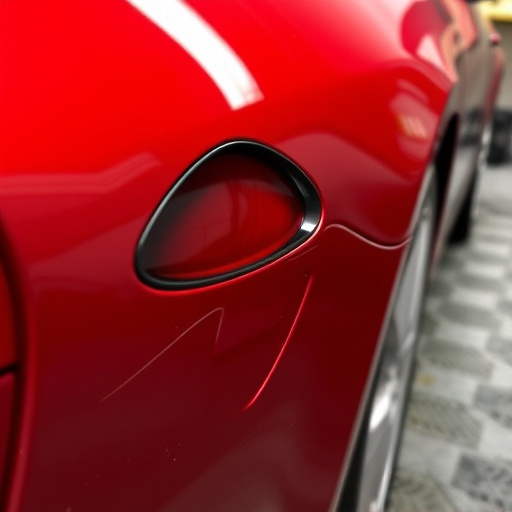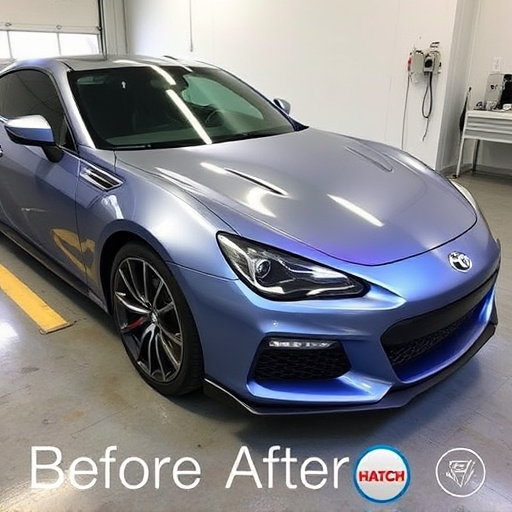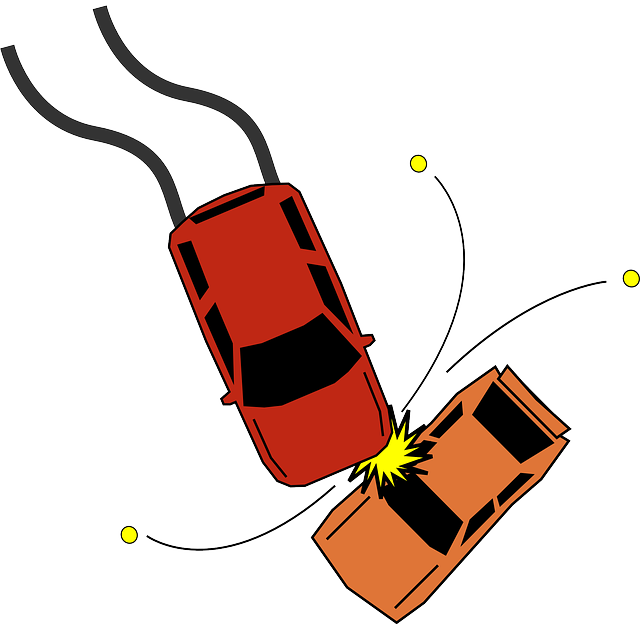Rain sensor glass repair is a specialized service for modern vehicles with automatic wiper activation sensors that can malfunction or become contaminated, impacting safety and visibility during rainfall. The process involves skilled technicians using specialized tools to clean and calibrate sensors for optimal performance. While beneficial for safety and driving experience in wet conditions, costs may vary and insurance coverage is limited. Advanced coatings offering UV protection, heat rejection, and anti-theft features are emerging as a seamless and durable alternative to traditional rain sensor glass repair methods.
Is rain sensor glass repair still a valuable option for your vehicle? With modern car technologies, this question deserves careful consideration. Rain sensors, designed to prevent fogged windows, have become standard features. However, damage or failure can leave drivers searching for solutions. This article explores the fundamentals of rain sensor glass repair, its advantages and drawbacks, and considers alternative options as technology advances. By the end, you’ll have a clearer view if this service still warrants your time and investment.
- Understanding Rain Sensor Glass Repair: The Basics
- Pros and Cons of Investing in This Service
- Alternative Solutions and Future Trends in Glass Repair
Understanding Rain Sensor Glass Repair: The Basics
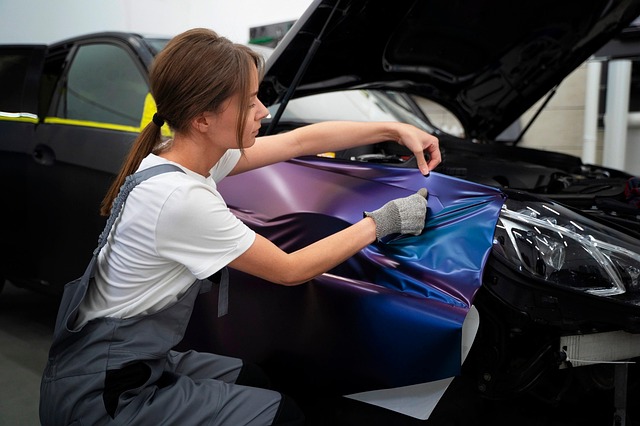
Rain sensor glass repair is a specialized service that addresses a unique issue affecting modern vehicles. These cars are equipped with advanced sensors designed to detect rain and automatically activate windshield wipers, enhancing safety and convenience. Over time, these sensors can malfunction or become contaminated, leading to inefficient rainfall detection. This problem might cause delays in wiper activation, potentially endangering drivers and passengers during inclement weather.
Understanding the basics of rain sensor glass repair involves recognizing that it encompasses more than just fixing a broken sensor. It often includes meticulous cleaning and calibration of the sensor to ensure optimal performance. Many auto repair shops offering this service employ skilled technicians who utilize specialized tools and diagnostic equipment to diagnose and rectify issues with precision. By keeping these sensors in top condition, vehicle owners can expect improved safety features and enhanced driving experiences, especially during adverse weather conditions.
Pros and Cons of Investing in This Service

Investing in rain sensor glass repair can be a worthwhile decision for vehicle owners, offering both advantages and potential drawbacks. One of the significant pros is the restoration of your car’s safety and visibility. Rain sensors play a critical role in modern automotive technology, ensuring optimal wiper performance during adverse weather conditions. By repairing or replacing damaged sensors, you can enhance your driving experience, especially in regions with frequent rainfall. This service is particularly beneficial for those who value their vehicle’s advanced features and want to maintain its original condition.
However, there are some considerations. The cost of rain sensor glass repair can vary, and it might not be covered by traditional car insurance policies. Additionally, finding a reputable collision repair shop specializing in this service is essential, as incorrect installation or repairs could lead to further damage. Compared to dent removal or basic collision repair services, this specialized fix may appeal more to tech-savvy drivers who understand the value of modern automotive innovations.
Alternative Solutions and Future Trends in Glass Repair

With advancements in technology, the automotive industry is witnessing a shift from traditional rain sensor glass repair methods to more efficient and cost-effective alternatives. While rain sensor glass, which automatically adjusts shading based on light and water detection, was once a popular feature, modern solutions are exploring new avenues for window tinting and sun protection. One such trend is the integration of advanced coatings that offer improved UV protection, heat rejection, and even anti-theft features, all while eliminating the need for complex sensor mechanisms.
These innovative coatings can be applied during the manufacturing process or as retrofits in collision repair services and car body shops. They provide a seamless and durable solution, ensuring drivers enjoy optimal visibility and comfort without the hassle of maintaining intricate sensors. As the market evolves, consumers are increasingly embracing these cutting-edge alternatives, shaping the future of glass repair and setting new standards for automotive aesthetics and functionality.
While advancements in technology are constantly evolving, rain sensor glass repair remains a valuable option for maintaining your vehicle’s safety and convenience. Despite emerging alternative solutions, this service offers a swift and effective way to address minor cracks and chips that could impact driving conditions. Considering the cost-effectiveness and environmental benefits of repair over replacement, rain sensor glass repair is still worth considering as a practical and sustainable choice for car owners.
